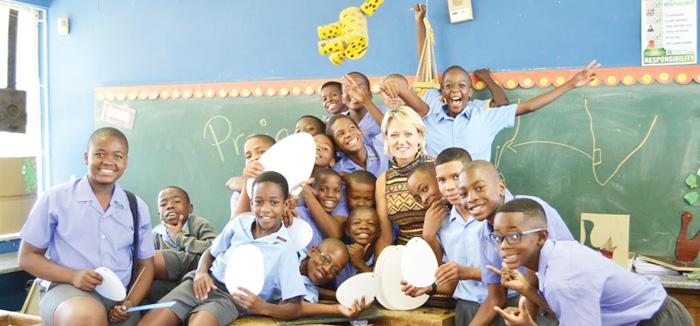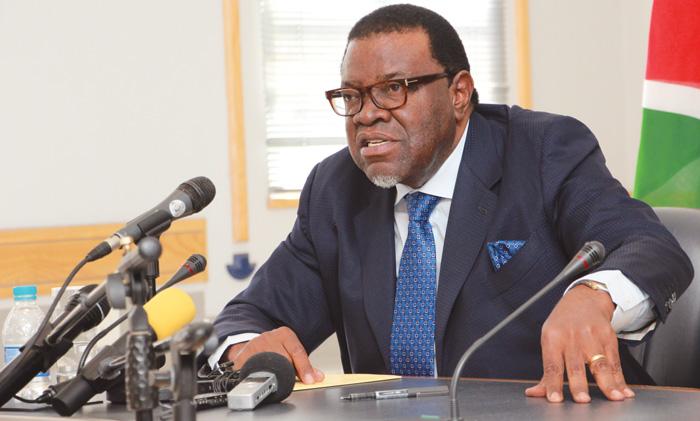
Relief for tourism, but industry not out of the woods

By Gerrit van Rooyen
NKC African Economics.
The COVID-19 pandemic continues to have a devastating impact on the local travel and tourism industry, and it seems unlikely that a return to pre-corona virus activity will be achieved in the near term.
Tourism is a cornerstone of the economy, with the sector supporting nearly 110,000 jobs and contributing over N$25 billion, about 15% to to the GDP. Concerningly, the latest data shows that international travellers have been very slow to return to the desert economy in the wake of the ‘Great Lockdown’. There are, however, some anecdotal reports that suggest a modest recovery could be emerging from November, following the increase relaxation of containment measures from mid-October.
Initially, foreign tourist were only allowed to enter Namibian via the Hosea Kutako International Airport outside Windhoek from 1 September and only if they followed strict health procedures. These measures included: that traveller present a negative Covid-19 test not older than 72 hours on arrival, that they do another test on the fifth day after arrival, and that they self isolate at their first place of accommodation for the first seven days.
Since then, four land border post as well as the Walvis Bay harbour have been reopened. Furthermore, tourists are also no longer obliged to complete the seven day seclusion period or the test on the fifth day, provided that they present a negative test that is not older than 72 hours.
The reopening of the land borders is significant, as the points of entry for 72% of all tourist arrivals in 2018 were land borders, a majority of these were Angolans and Zambians visiting friends and family. Members of the Hospitality Association of Namibia (HAN) and other stakeholders in the industry have welcomed the further relaxation of international travel restrictions, but they have also made an appeal to the government to think out of the box to salvage some of the expected bleeding of jobs and income in the industry. The stakeholders have suggested that the government also allow free travel between Namibian and South Africa and allow for short-term visits of less than a week.
Eight months after the country shut its borders to curb the spread of the coronavirus, the travel and tourism industry remains on its knees despite recent efforts to ease restrictions. The tourism data could reflect noticeable recovery from the November in line with the easing of restrictions and a seasonal increase in tourisms. However, the confidence and spending power of travellers have taken a sever hit from the Covid-19 crisis, such that tourism activity is not expected to recover to pre-pandemic levels in the medium term.
While many countries started to ease domestic Covid-19 containment measures since July, restrictions on international travel remain in place to varying degrees and some countries have since returned to stricter lockdowns amid a second wave of infections. Despite progress being made on the vaccine front, the roll-out of the vaccine across different countries is, unfortunately, unlikely to be a rapid process that brings about a swift end to the pandemic.
Furthermore, the suspension of Air Namibia flights from Cape Town and Johannesburg for four weeks from mid-November due to maintenance, which could have been done when flights were cancelled due to the lockdown, is an unnecessary self inflicted blow in the short term. In 2018, Air Namibian accounted for 41% of tourist arrivals by airlines.











































